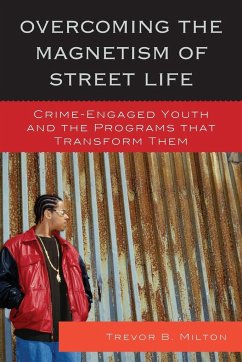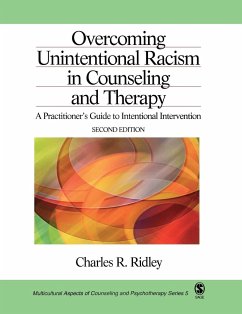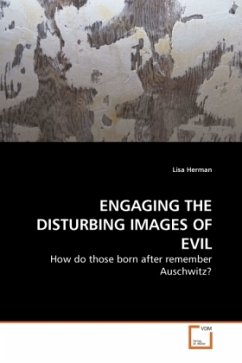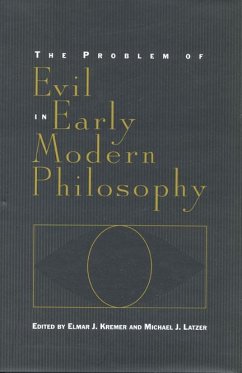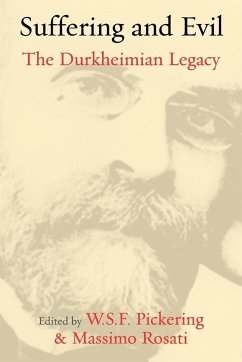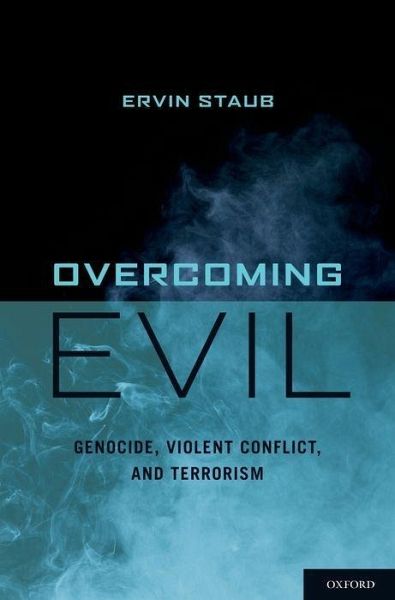
Overcoming Evil
Genocide, Violent Conflict, and Terrorism
Versandkostenfrei!
Versandfertig in 1-2 Wochen
94,99 €
inkl. MwSt.

PAYBACK Punkte
47 °P sammeln!
Overcoming Evil describes the origins or influences leading to genocide, violent conflict and terrorism. It identifies principles and practices of prevention, and of reconciliation between groups after violence, or before violence thereby to prevent violence. It uses both past cases such as the Holocaust, and contemporary ones such as Rwanda, the Congo, the Israeli-Palestinian conflict, contemporary terrorism, and the relations between the Dutch and Muslim minorities, which also has relevance to other European countries, as examples. The book draws on the author's previous work on all these issues, as well as on research in genocide studies, the study of conflict and of terrorism, and psychological research on group relations. It also describes the work of the author and his associates in real world settings, such as promoting reconciliation in Rwanda, Burundi and the Congo. The book considers what needs to be done to prevent impending or stop ongoing violence. It emphasizes early prevention, when violence generating conditions are present and a psychological and social evolution toward violence has begun, but not yet immediate danger of intense violence. The book considers the role of difficult social or life conditions, repression, culture, the institutions or structure of society, the psychology of individuals and groups, and the behavior of witnesses or bystanders within and outside societies. It emphasizes psychological processes, such as differentiation between us and them and devaluation of the "other," past victimization and psychological woundedness, the power of ideas and people's commitment to destructive ideologies. It considers humanizing the other, healing from past victimization, the creation of constructive ideologies and groups and how these help people develop cultures and institutions that make violence less likely. The book asks what needs to be accomplished to prevent violence, how it can be done, and who can do it. It aims to promote knowledge, understanding, and "active bystandership" by leaders and government officials, members of the media and citizens to prevent violence and create harmonious societies.



